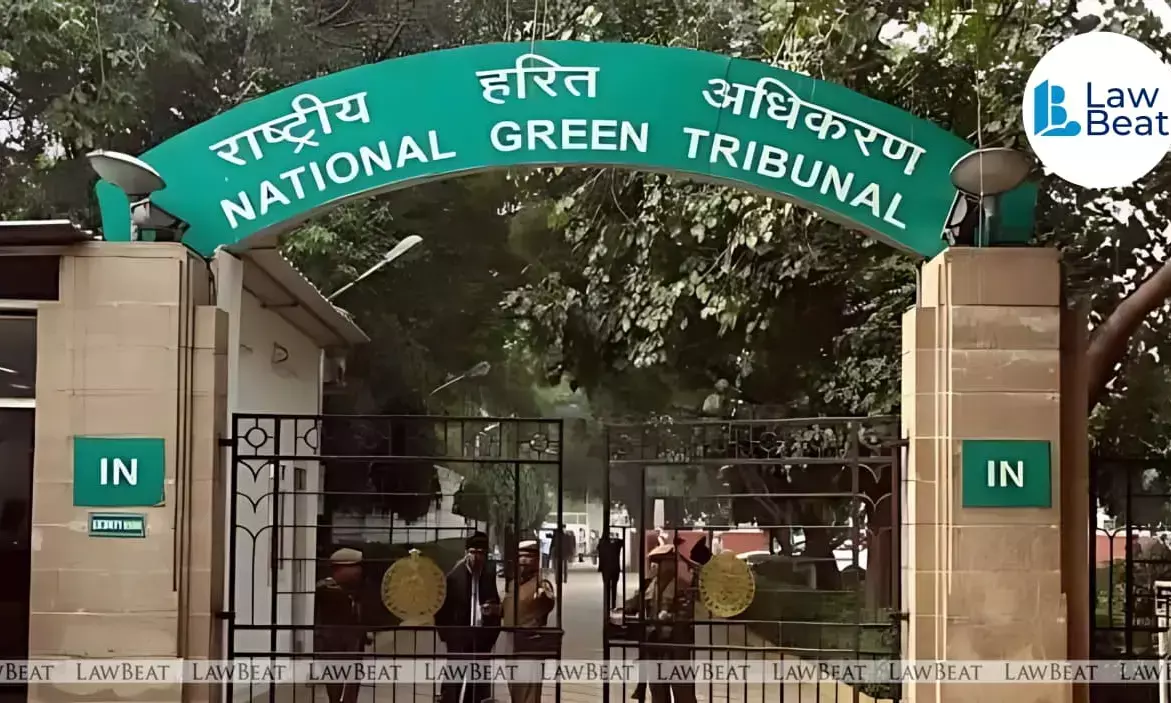Plea Before NGT Challenges Haryana’s Narrowed Definition of ‘Forest’

Haryana’s Forest Definition Challenged; NGT Seeks State’s Reply
The National Green Tribunal (NGT) has issued notice to the Haryana Government over its August 18, 2025 notification redefining the “dictionary meaning” of forest, after a petition alleged that the move contravenes Supreme Court rulings and threatens India’s environmental commitments.
The bench of Chairperson Justice Prakash Shrivastava and Expert Member Dr. A. Senthil Vel directed the state and its forest department to file replies by way of affidavit at least one week before the next hearing on December 1, 2025.
“Issue notice to the respondents for filing their reply by way of affidavit at least one week before the next date of hearing,” the Tribunal ordered.
The plea was filed by Capt. (Retd.) Devender Singh Bamel, represented by advocates Gaurav Arya and Naveen Bamel. It challenges Haryana’s restrictive definition of forest, warning that it poses a grave risk to the environment, particularly to the fragile Aravalli ecosystem, already under pressure from mining, urbanisation, and real estate expansion.
"This notification will directly affect the Aravalli Green Wall Project, a 1,400 km long and 5 km wide green belt initiative launched on June 5, 2025, to combat desertification, restore degraded ecosystems over 1.4 million hectares across Haryana, Rajasthan, Gujarat, and Delhi, and enhance biodiversity," the plea said.
Advocate Arya told the Tribunal that “every word of this notification is against the law of the land and the Supreme Court guidelines.” He added that “this notification is in blatant contravention of the Godavarman case… Once this comes into effect, 67% of Haryana’s forests will no longer be considered forests. It will only benefit real estate developers while undermining India’s climate commitments.”
The plea cites the Supreme Court’s 1997 ruling in T.N. Godavarman v. Union of India and its 2024 ruling in Ashok Kumar Sharma v. Union of India, both of which underscored that the definition of forest cannot be diluted by state governments.
It also relies on the Forest Survey of India’s report, noting that Haryana already has the lowest forest cover in the country, with more greenery outside recorded forest areas than within them.
The petition has thus prayed for quashing or staying the notification, arguing that it violates the principles of sustainable development, intergenerational equity, the precautionary principle, and the public trust doctrine.
It warns that the move would accelerate deforestation and desertification in Haryana, causing irreversible ecological damage in sensitive regions like the Aravalli ridge, besides undermining India’s obligations under the Forest (Conservation) Act, 1980, the Environment (Protection) Act, 1986, and the Paris Agreement (COP21).
It has been further stated that the notification will hinder India’s target of achieving 33% forest cover under the National Forest Policy, 1988, by enabling unchecked development and de-reservation of vulnerable open forests.
“It sets a bad precedent for India at the global level, undermining its position as a world leader in combating climate change,” the plea notes.
Case Title: Capt. (Retd.) Devender Singh Bamel v. State of Haryana & Anr.
Date of hearing: September 22, 2025
Bench: Justice Prakash Shrivastava (Chairperson) and Dr. A. Senthil Vel (Expert Member)
